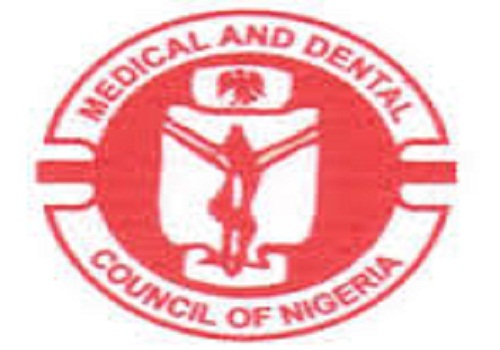To us, competition is nonsense when it comes to healthcare as choice becomes illusory. The perception that competitiveness breeds quality and that market forces drive efficiency from the nation’s experience can sometimes be exaggerated. It is a perceived fact that privatization of the hospitals could become a recipe for over-treatment, overcharging and corner cutting on the delicate issues of human health and safety. What privatisation of hospitals might lead to, going by the Nigerian experience with privately owned hospitals, is high costs and inefficiency. Patients suffer since they are left at the mercy of investors who ceaselessly seek to make returns and maximise profits to the detriment of proper healthcare delivery. ‘We do not think that privatisation is the solution here. Rather, the hospitals should be made substantially autonomous and self-sustaining. In many parts of the world, private hospitals and public ones run together. Health is too important to be left in the hands of private investors alone’
We aver that privatisation of these hospitals is likely to be inimical to the wellbeing of Nigerians who are already living below poverty line. Why would hospitals not work despite the huge resources that government votes for the health sector yearly? We recollect that most of these hospitals competed with their counterparts in other parts of the world a few decades ago. This is why it is disheartening to see that things have deteriorated so much that the only option left seems to be privation. The hospitals, like most other government institutions, started to fail as a result of over-centralisation. Another problem is that of overzealous policing that is ineffective to allow for thorough monitoring of government establishments, including hospitals, which creates a bureaucracy that allows corruption to fester.
We do not think that privatisation is the solution here. Rather, the hospitals should be made substantially autonomous and self-sustaining. In many parts of the world, private hospitals and public ones run together. Health is too important to be left in the hands of private investors alone. There should be option of making top public hospitals to be affordable for the less privileged. Whatever the case, some of the problems that made the hospitals derelict are traceable to corruption and that needs to be dealt with.
Source:Medical World Nigeria

 The furor over the proposed policy of Private Public Partnership (PPP) in the health sector cannot be wished away because of its likely implications for access to healthcare by majority of poor Nigerians. The Yayale Committee Report on disharmony in the health sector gave a hint of government’s preparedness to adopt the policy. The report calls for the privatisation of federal hospitals in the country through the system of PPP. In retrospection, we recollect that the debate over the suitability of the idea started since 2006 when the National Council on Health (NCH) purportedly looked into the idea and approved it initially under former President Olusegun Obasanjo’s administration and last year under the President Jonathan’s administration.
The furor over the proposed policy of Private Public Partnership (PPP) in the health sector cannot be wished away because of its likely implications for access to healthcare by majority of poor Nigerians. The Yayale Committee Report on disharmony in the health sector gave a hint of government’s preparedness to adopt the policy. The report calls for the privatisation of federal hospitals in the country through the system of PPP. In retrospection, we recollect that the debate over the suitability of the idea started since 2006 when the National Council on Health (NCH) purportedly looked into the idea and approved it initially under former President Olusegun Obasanjo’s administration and last year under the President Jonathan’s administration.




